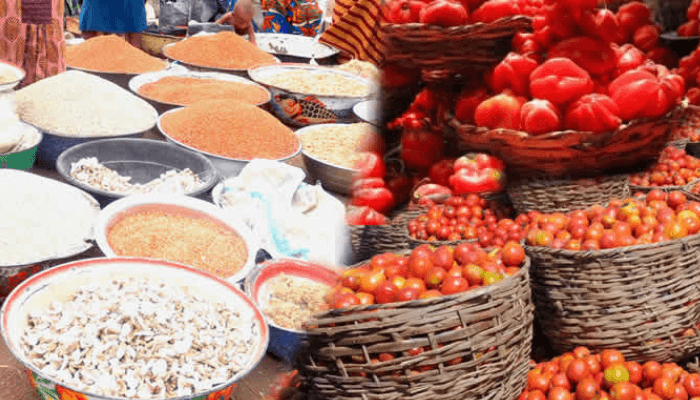How drop in food prices can further benefit Nigerians
The recent drop in food prices that has brought an unexpected respite to families can further benefit Nigerians willing to seize the opportunity.
A market survey by BusinessDay shows that food prices have dropped by an average of 30 percent year-on-year. Experts attributed it to harvest season and rising food imports.
In its usual style, BusinessDay explores steps households can take to further benefit from the recent food prices drop especially as the festive season approaches. In no particular order here are ways Nigerians can further benefit from the drop:
Bulk buying
The current food price drop is seasonal. This means that it will eventually roll over in the coming months. One of the ways households can fully benefit is to buy food items in large quantities.
BusinessDay findings reveal that it now costs an average of N65,000 for a 50kg bag of local parboiled rice. While it costs slightly less to buy the same size of foreign parboiled rice — N62,000.
Buying a bag of either local or foreign rice will save a household an average of about N25,000, as before this current drop, a bag of rice cost about N90,000. And experts warn that it is likely to return to the old price during the peak of the festive season in December.
Also, it is generally cheaper to buy in bulk. It saves time and money.
Amara Ifeanyi, a resident of Lagos, told BusinessDay that to take advantage of the current fall in food prices, her family now buys food items in bulk.
According to her, “it is cheaper to buy in bulk than in pieces. I now buy a crate of eggs as opposed to the usual single pieces I used to buy. I find that it is cheaper for my family. Also, I used to buy rice in paint rubber, but now I buy a quarter bag”.
Invest in freezers or good storage
After buying in bulk, the next thing is to invest in a good storage medium, like a freezer, where perishable food items like tomatoes and peppers can be kept fresh and preserved.
Storing food inside freezers keeps food fresh and prevents spoilage. This way, even when food prices rise in the coming months, you are not under pressure to restock.
Source directly from deport market
Shopping directly from deport markets —markets where food items are delivered from farms — is cheaper and more sustainable. For instance, in the Mile 12 Market of Lagos, food items are relatively cheaper compared to other local markets in the state.
A big basket of tomatoes in Mile 12 Market sells for an average of N35,000, while in some other markets around Lagos, it costs about N40,000.
This is because markets like this bypass multiple layers of middlemen, who are known to be a leading driver of food price surge.
In Kano, residents say that at Dawanau markets, food items, especially grains, which the market is known for, can be purchased at lower prices compared to other markets.
Budget food spending
A fall in prices offers a chance to rebalance household budgets. Tracking food expenses helps identify savings that can go into emergency funds or small-scale food storage investments.
Purchasing only essential food items instead of wants will save money. Going to markets with a list is also a good way to save costs and buy more.
While the respite in food prices does not cut across all states in Africa’s most populous nation, owing to peculiar reasons like low purchasing power, it is, however, the reality in many states.

